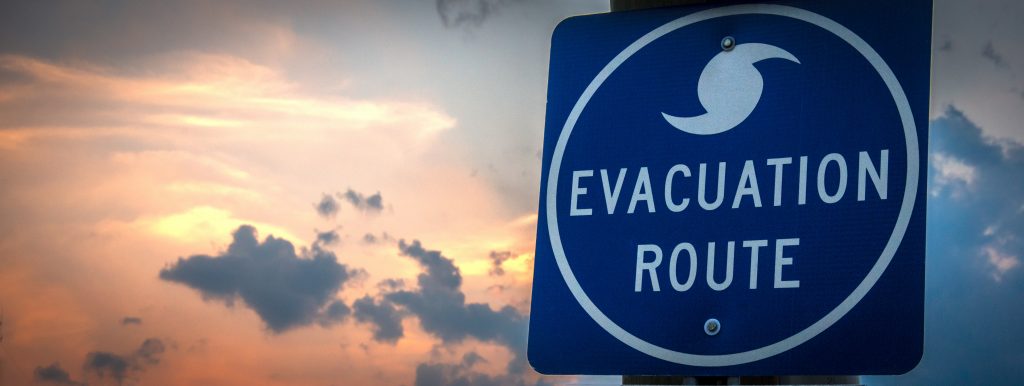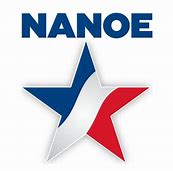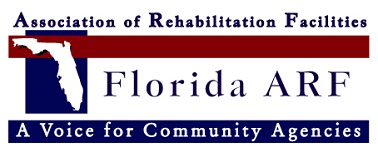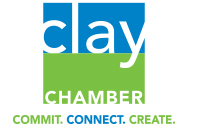Natural disasters like hurricanes can be devastating for any community, but they can be particularly challenging for individuals with special needs. These individuals often require additional support and accommodations during emergency situations, yet there is a distressing lack of hurricane shelters specifically designed to cater to their unique needs. In this blog post, we will explore the importance of addressing this critical gap and discuss potential solutions to ensure the safety and well-being of people with special needs during hurricane events.
People with special needs encompass a diverse group, including those with physical disabilities, cognitive impairments, sensory disorders, chronic illnesses, and mental health conditions. During a hurricane, they face numerous challenges such as mobility limitations, difficulty accessing information, communication barriers, sensory overload, difficult behaviors, and reliance on specific medical equipment or medications. Moreover, the chaotic nature of evacuations and limited accessibility in traditional shelters can exacerbate their vulnerabilities and put their lives at risk.
Despite the recognition of these challenges, the provision of adequate hurricane shelters for people with special needs remains insufficient. In many regions, existing emergency shelters lack the necessary infrastructure, resources, and trained staff to meet the specific requirements of this population. As a result, families of individuals with special needs often face a difficult choice between risking their safety by staying in their homes or enduring suboptimal conditions in ill-equipped shelters or even risk being asked to leave. Even hotel rooms can be a risk as those with more severe autistic tendencies or other behavioral related issues result in them being asked to leave them as well.
Inclusive sheltering means designing and implementing facilities that can accommodate the needs of all community members, including those with special needs. These shelters should provide accessible entrances, wheelchair ramps, wider hallways, designated quiet spaces, sensory friendly spaces, accessible bathrooms, and essential medical equipment. Furthermore, they should be staffed with trained personnel who understand the diverse needs of individuals with disabilities and are equipped to provide appropriate support and care.
Addressing the lack of hurricane shelters for people with special needs requires a collaborative effort involving government agencies, community organizations, advocacy groups, and individuals themselves. Government bodies should allocate sufficient resources to improve the accessibility and inclusivity of existing shelters and create specialized shelters dedicated to accommodating individuals with special needs. Community organizations and advocacy groups can play a crucial role by raising awareness, advocating for policy changes, and providing support to individuals and families during emergencies.
Here at Henderson Haven, our current capital campaign includes the ability to purchase and renovate our current building, along with providing daily services for those with little or no State funding. Our building plans include a hurricane rated structure designed from the ground up for those with more severe behaviors including sensory friendly areas along with trained staff and equipment to help ensure a safer, more pleasant experience for everyone during a very stressful situation.
Preparation is key to minimizing the impact of natural disasters. Educational campaigns should be developed to inform people with special needs and their caregivers about evacuation procedures, emergency communication systems, and available resources. In addition, emergency management agencies should engage in comprehensive planning that takes into account the unique requirements of individuals with special needs, including transportation assistance, access to medical supplies, and specialized caregiving support. You can download our free Disaster Kit Planning guide from our website homepage to make sure you’re prepared for any emergency.
We must acknowledge and address the lack of hurricane shelters for people with special needs. Everyone deserves the opportunity to seek safety and protection during times of crisis, irrespective of their abilities or limitations. By improving the inclusivity of existing shelters, investing in specialized facilities, fostering collaboration, and enhancing emergency preparedness, we can ensure that individuals with special needs and their families are not left behind or forgotten during hurricanes or other emergency events. It is our collective responsibility to build resilient communities that prioritize the safety, dignity, and well-being of all individuals, regardless of their unique needs.








